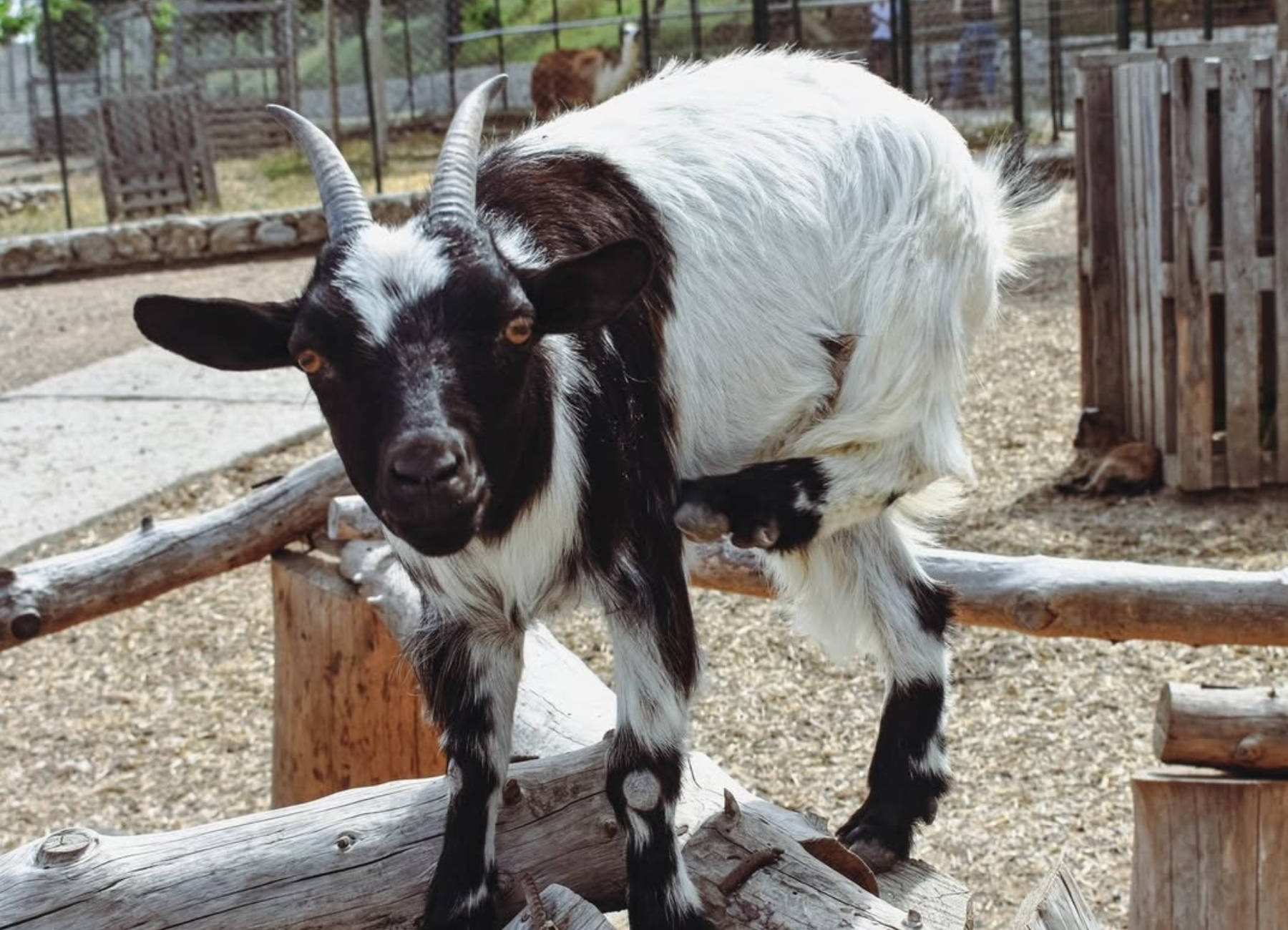
Lemurs: 7 fascinating facts most people don’t know
There is no doubt that lemurs are captivating creatures, with their adorable charm and a surprisingly humanlike behavior. Despite their widespread popularity, Lemurs are among the Earth’s most endangered mammals, as declared by the International Union for Conservation of Nature (IUCN) with an alarming 94% of their species currently carrying a threatened status on the IUCN Red List.
The challenges faced by lemurs extend across their exclusive habitat in Madagascar, the sole place where they thrive in the wild. As part of the prosimian group, which includes all existing and extinct species of tarsiers, lemurs, and lorisids, their evolutionary lineage spans nearly 70 million years, marking lemurs as the world’s oldest living primates. However, there are many fascinating facts regarding these animals that most people don’t know but make them even more adorable and interesting! Here are seven of their most remarkable characteristics:
1. Lemur society is dominated by females
Unlike many mammals, including primates, where male dominance is prevalent, lemurs break the mold. In ring-tailed lemur society, one top-ranking female typically holds the reins, dictating the group’s dynamics. This female not only leads but also comically asserts her authority through actions like biting mates, snatching food, and claiming prime sleeping spots. This female-centric social structure is a rarity among mammals and highlights the unique dynamics within lemur communities.
2. Lemurs are surprisingly intelligent
Contrary to earlier beliefs, lemurs exhibit remarkable cognitive skills. Recent research has unveiled their ability to memorize, sequence images, identify size differences, and even understand basic math. Their communication methods range from audible growls and barks to inaudible signals like facial expressions and scents. The complexity of their social cognition is evident in larger social groups, where lemurs perform better on cognitive tests.

3. Smarter lemurs are more popular
Despite common perceptions, lemurs showcase some amazing cognitive abilities. Although they are not as intelligent as monkeys, they seem to value intelligence within their society. One study shows that the more a lemur excels at a particular skill, the more popular it becomes within its social circle. This means that when lemurs observe another lemur completing a task, they tend to act more friendly towards them! As a result, these intelligent representatives of the species receive more affection in the form of grooming, touching, or close contact.
4. Male ring-tailed lemurs compete in “stink fights”
Male ring-tailed lemurs engage in a distinctive form of competition known as “stink fights.” Instead of fighting classically to dominate a specific territory and have access to mates, these lemurs use scent glands on their shoulders and wrists to produce potent odors. They apply these scents to their tails and flick them at rivals in a bid to establish dominance. This unique behavior showcases the resourceful and adaptive nature of ring-tailed lemurs in settling disputes.
5. The word ‘lemur’ means ‘Evil Spirit of the Dead’
The term “lemur” finds its roots in Latin, where it referred to “evil spirits of the dead” in Roman mythology. First addressed by Carl Linnaeus in 1795, the name encapsulates the eerie and ghostly qualities observed in these nocturnal primates. While the association with “evil spirits” may be metaphorical, the connection between lemurs and the mysterious is evident in their humanoid bodies and nocturnal activities.
6. Lemurs help forests grow
Lemurs play a crucial role in Madagascar’s ecosystem by acting as seed dispersers. Their varied diets, including plant matter, insects, and fruits, inadvertently contribute to maintaining the island’s biological diversity. Lemurs transfer pollen and seeds through their fur, aiding in the reproduction of native plants. Additionally, the seeds dispersed through their digestive tracts have the potential to germinate, further enhancing the ecosystem.
7. Lemurs have a fascinating self-medication system
Some lemurs, like the red-fronted ones, engage in self-medication by using millipedes. These lemurs chew on millipedes to create a substance that acts as a natural mosquito repellent. Applying this substance to their genital areas helps them ward off parasites, showcasing a fascinating example of lemurs’ resourcefulness in maintaining their well-being.
In Farma of Rhodes, you will have the chance to meet 6 lovely ring-tailed Lemurs. Unlike most species that spend the majority of their lives high on the trees, ring-tailed Lemurs spend most of their time on the ground. Therefore, you can easily approach them, play with them, feed them, and take adorable selfies with them. One thing is sure: Lemurs will impress you more than you know and make your visit to Farma of Rhodes memorable!






